Bank of Canada Rate Announcement Sept 4th, 2019
The Bank of Canada today maintained its target for the overnight rate at 1 ¾ percent. The Bank Rate is correspondingly 2 percent and the deposit rate is 1 ½ percent.
As the US-China trade conflict has escalated, world trade has contracted and business investment has weakened. This is weighing more heavily on global economic momentum than the Bank had projected in its July Monetary Policy Report (MPR). Meanwhile, growth in the United States has moderated but remains solid, supported by consumer and government spending. Commodity prices have drifted down as concerns about global growth prospects have increased. These concerns, combined with policy responses by some central banks, have pushed bond yields to historic lows and inverted yield curves in a number of economies, including Canada.
In Canada, growth in the second quarter was strong and exceeded the Bank’s July expectation, although some of this strength is expected to be temporary. The rebound was driven by stronger energy production and robust export growth, both recovering from very weak performance in the first quarter. Housing activity has regained strength more quickly than expected as resales and housing starts catch up to underlying demand, supported by lower mortgage rates. This could add to already-high household debt levels, although mortgage underwriting rules should help to contain the buildup of vulnerabilities. Wages have picked up further, boosting labour income, yet consumption spending was unexpectedly soft in the quarter. Business investment contracted sharply after a strong first quarter, amid heightened trade uncertainty. Given this composition of growth, the Bank expects economic activity to slow in the second half of the year.
Inflation is at the 2 percent target. CPI inflation in July was stronger than expected, largely because of temporary factors. These include higher prices for air travel, mobile phones, and some food items, which are offsetting the effects of lower gasoline prices. Measures of core inflation all remain around 2 percent.
In sum, Canada’s economy is operating close to potential and inflation is on target. However, escalating trade conflicts and related uncertainty are taking a toll on the global and Canadian economies. In this context, the current degree of monetary policy stimulus remains appropriate. As the Bank works to update its projection in light of incoming data, Governing Council will pay particular attention to global developments and their impact on the outlook for Canadian growth and inflation.
Information note
The next scheduled date for announcing the overnight rate target is October 30, 2019. The next full update of the Bank’s outlook for the economy and inflation, including risks to the projection, will be published in the MPR at the same time.
RECENT POSTS





